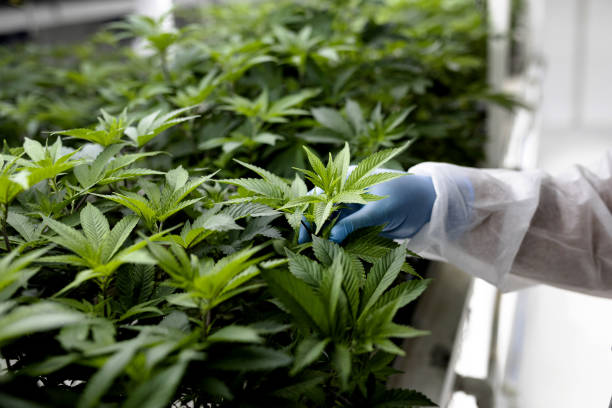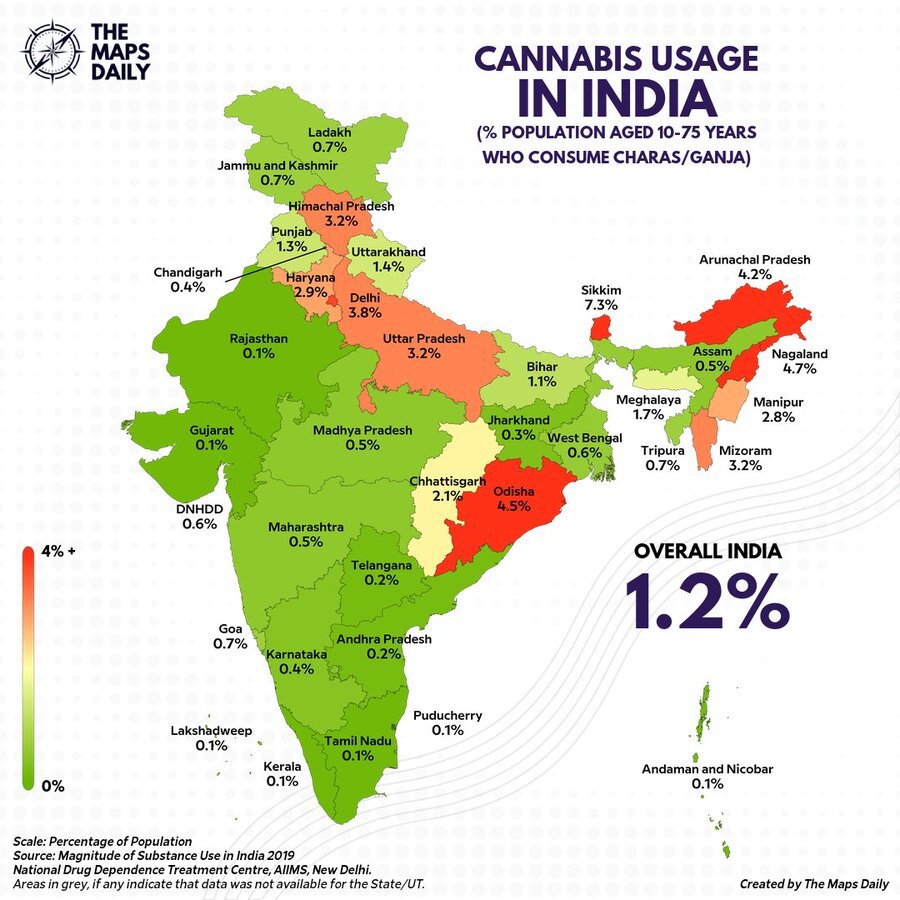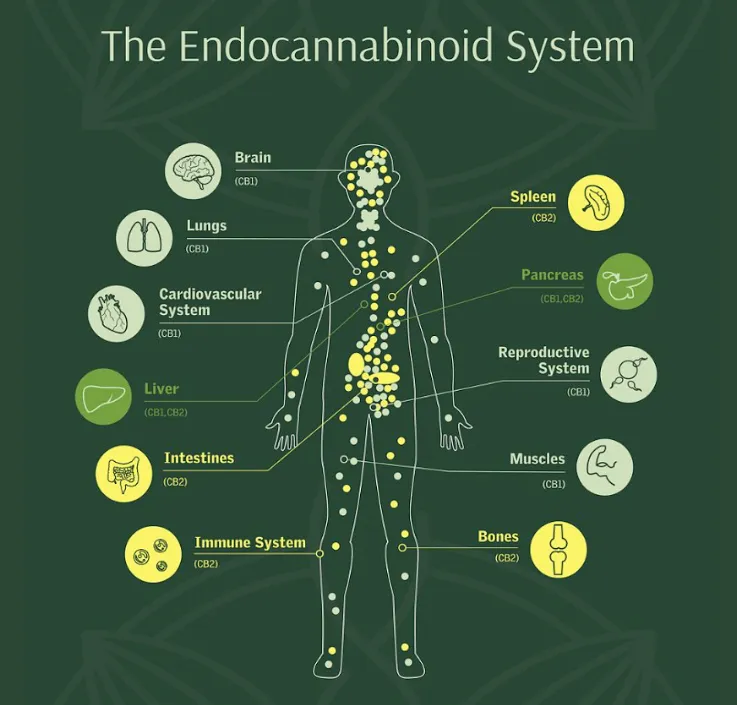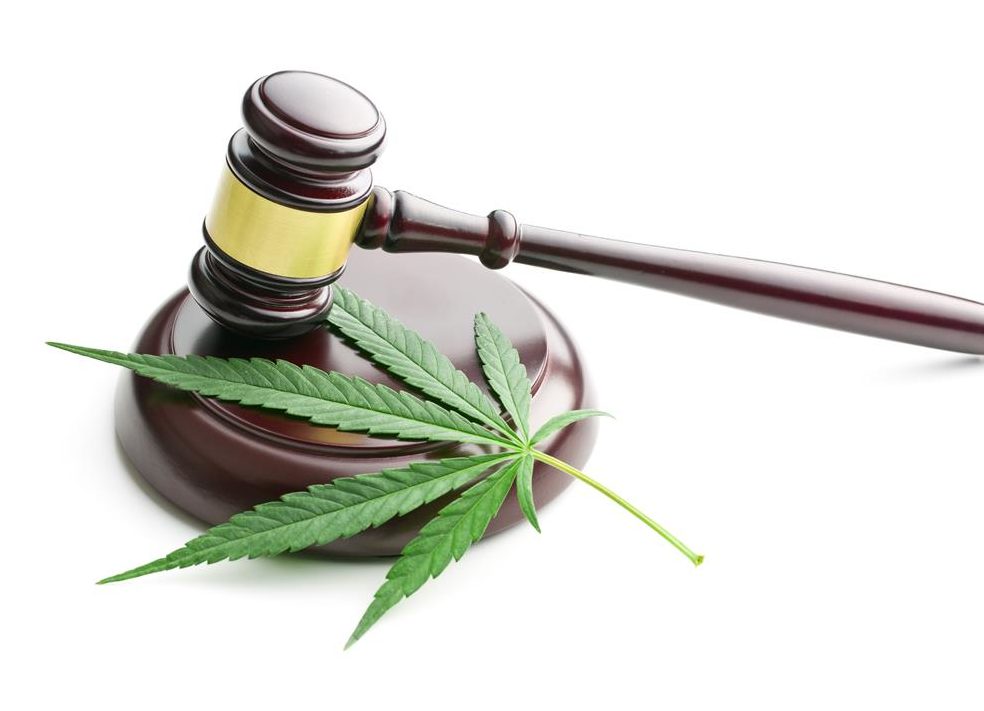Medical Marijuana: Debating Legalization & Access

Cannabis Plants Grow Inside A Controlled Environment
Source: Konstantinos Tsakalidis/Bloomberg
The legalization of medical marijuana is a topic that stirs strong emotions among doctors, scientists, researchers, policymakers, and the public. In India, this debate has been ongoing for years, with various legal, medical, and social implications.
Historical Use of Cannabis in India

This painting dates from 5,000 BCE (around the time when hemp was first cultivated in Japan) which would make it the oldest illustration of the cannabis leaf discovered thus far
Source: Japanhemp.org
Cannabis has been used for medicinal, spiritual, and recreational purposes in India for thousands of years. Its use dates back to the Vedas, ancient Hindu scriptures written between 1500 and 2000 BCE, where it was described as a sacred plant and a source of happiness. In Ayurvedic medicine, which has been practiced for over 3,000 years, cannabis was used to treat pain, inflammation, anxiety, and digestive issues. It also played a role in religious ceremonies, particularly in the worship of Lord Shiva.
During the British colonial period, stringent regulations were imposed on cannabis use in India, leading to its eventual criminalization in 1985 under the Narcotic Drugs and Psychotropic Substances Act (NDPS Act). Cannabis was classified as a Schedule I drug, indicating no accepted medical use and a high potential for abuse. This classification has been widely criticized by medical professionals and advocates for ignoring the medicinal benefits of cannabis and stigmatizing its users.
Current Legal Landscape
The legal status of medical marijuana in India remains unclear. The NDPS Act prohibits the cultivation, production, possession, sale, purchase, transport, and consumption of cannabis resin and flowers (charas and ganja). However, cannabis leaves and seeds (bhang) are regulated by state governments and can be used for medical and scientific purposes under specific conditions.
Under Section 20 of the NDPS Act, punishments for offenses related to cannabis vary based on the quantity involved, ranging from rigorous imprisonment to fines. Despite recent legal developments, such as the permission granted to the Bombay Hemp Company for medical cannabis research in collaboration with the CSIR-Indian Institute of Integrative Medicine, a clear legal framework for medical marijuana is lacking. Court cases, such as those involving the Great Legalisation Movement India Trust, highlight ongoing challenges to the NDPS Act’s prohibition and criminalization of cannabis.

Cannabis usage in India
Source: The Maps Daily
Scientific Evidence Supporting Medical Cannabis
Scientific research supports the use of cannabis for various medical conditions, including pain management, epilepsy treatment, and mental health disorders. Cannabinoids, the active compounds in cannabis, have been found to have therapeutic effects on the endocannabinoid system, which regulates important bodily functions like mood, memory, sleep, and appetite.

The Endocannabinoid System
Source: Botanical Sciences
Studies have shown that cannabis and cannabinoids can alleviate chronic pain, particularly neuropathic pain and pain associated with multiple sclerosis. CBD, a non-psychoactive component of cannabis, has been effective in reducing seizures in severe forms of childhood epilepsy, such as Dravet syndrome. Furthermore, cannabis has shown promise in managing symptoms of mental health disorders, including anxiety, depression, and PTSD.
Implications for Public Health and Policy
Legalizing medical marijuana in India could have significant implications for public health and policy. Proponents argue that legalization could provide safer and more effective alternatives to conventional medicines, particularly opioids, which carry a risk of overdose and addiction. It could also generate revenue through taxation and regulation, reduce the burden on law enforcement, and curb the black market for cannabis.
However, opponents raise concerns about potential health risks, including impaired cognitive function, increased risks of psychosis, and the potential for cannabis to act as a gateway drug. They also argue that legalizing cannabis could complicate international drug control efforts and undermine existing treaties.
Challenges Related to Regulation, Access and Stigma
Challenges related to the regulation, access, and stigma surrounding medical marijuana use persist in India. The lack of a comprehensive legal framework poses obstacles for patients seeking access to medical cannabis. Stigma associated with cannabis use, stemming from its historical criminalization and misconceptions about its effects, continues to deter patients and healthcare providers from exploring its potential benefits.

Debating Legalization of Medical Marijuana
Moreover, the regulation of cannabis products, ensuring quality control, and monitoring for misuse present additional challenges. Educating healthcare professionals and the public about the risks and benefits of medical cannabis is essential to overcoming stigma and ensuring safe and informed use.
Conclusion
While the debate over the legalization of medical marijuana in India remains contentious, evidence supporting its medical use continues to grow. A balanced approach that considers scientific evidence, public health implications, and regulatory challenges is necessary to address the complex issues surrounding medical marijuana. Moving forward, efforts to develop a clear legal framework, educate the public, and support further research are crucial to ensuring safe and effective access to medical cannabis for patients in need.

